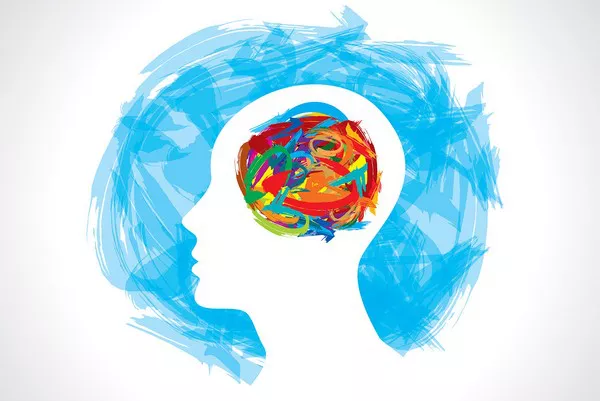Positive mental health is a state of well-being that goes beyond the absence of mental illness. It is a multifaceted concept that encompasses emotional, psychological, and social well-being. Having positive mental health means experiencing positive emotions, coping effectively with life’s challenges, forming meaningful relationships, and having a sense of purpose and fulfillment. In this article, we will explore the different aspects of positive mental health and discuss strategies to cultivate and maintain psychological well-being.
1. Emotional Resilience:
Emotional resilience is a crucial aspect of positive mental health. It refers to the ability to bounce back from adversity, cope with stress, and adapt to life’s changes. Individuals with emotional resilience can recognize and manage their emotions effectively, which enables them to face challenges with a positive outlook.
2. Positive Self-Image:
Having a positive self-image is essential for mental well-being. It involves accepting and valuing oneself, recognizing personal strengths, and being confident in one’s abilities. People with a positive self-image are more likely to have higher self-esteem and a greater sense of self-worth.
3. Optimism and Positive Thinking:
Optimism and positive thinking play a significant role in fostering positive mental health. Optimistic individuals tend to focus on positive outcomes and have a hopeful outlook on life. They see challenges as opportunities for growth and are more likely to persevere through difficult times.
4. Meaningful Relationships:
Forming and maintaining meaningful relationships is essential for positive mental health. Social connections provide support, companionship, and a sense of belonging, which can buffer against stress and promote emotional well-being.
5. Sense of Purpose:
Having a sense of purpose in life contributes to positive mental health. It involves setting meaningful goals, pursuing passions, and feeling a sense of direction and fulfillment. A strong sense of purpose can enhance overall life satisfaction and well-being.
6. Emotional Intelligence:
Emotional intelligence refers to the ability to recognize, understand, and manage one’s emotions and the emotions of others. Developing emotional intelligence can improve communication, empathy, and relationship skills, leading to better mental and emotional health.
7. Mindfulness and Mind-Body Connection:
Practicing mindfulness and being aware of the mind-body connection can enhance positive mental health. Mindfulness involves being present in the moment without judgment and can help reduce stress and increase overall well-being.
8. Physical Health and Exercise:
Physical health and regular exercise have a significant impact on mental well-being. Engaging in physical activity releases endorphins, which are natural mood elevators. Regular exercise can reduce symptoms of anxiety and depression and improve overall mental health.
9. Gratitude and Positive Affirmations:
Practicing gratitude and positive affirmations can shift focus from negative thoughts to positive aspects of life. Expressing gratitude and acknowledging personal strengths can foster a positive mindset and improve mental health.
10. Work-Life Balance:
Maintaining a healthy work-life balance is crucial for positive mental health. Striking a balance between professional responsibilities and personal life can reduce stress and prevent burnout.
Conclusion:
Positive mental health is a state of well-being that involves emotional resilience, positive self-image, optimism, meaningful relationships, a sense of purpose, emotional intelligence, mindfulness, physical health, gratitude, and work-life balance. Cultivating positive mental health is a continuous journey that requires self-awareness, self-care, and intentional efforts to nurture psychological well-being. By incorporating these strategies into our lives, we can enhance our overall mental health, improve our ability to cope with challenges, and experience a greater sense of fulfillment and happiness. Remember that seeking professional help and support from loved ones is essential if you or someone you know is struggling with mental health issues.


